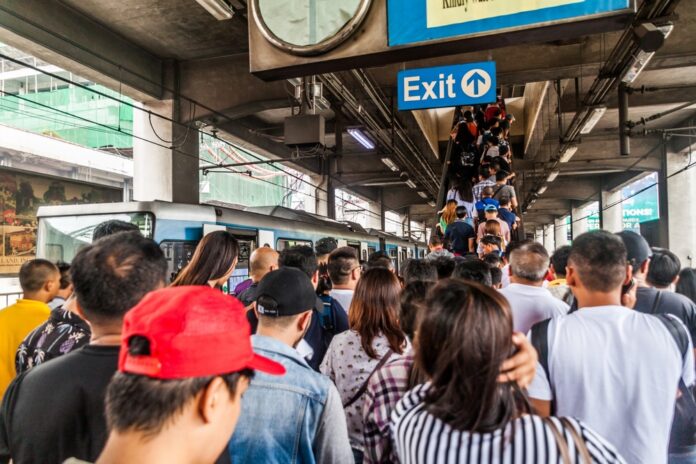The Department of Transportation (DOTr) has deferred the fare rate hike for rail lines LRT-1 and LRT-2 after President Ferdinand Marcos Jr. ordered the agency to study the full ramifications of the planned adjustments on commuters.
Transportation Secretary Jaime Bautista said the DOTr deferred the rate adjustments “pending a thorough study on the economic impact” of the rate adjustments.
Bautista explained that the DOTr will comply with the President’s instructions and will carefully evaluate the economic repercussions of the increase to passengers of the three major rail lines.
“In compliance with the President’s instruction, we will thoroughly study how a fare hike today will impact on passengers of our three rail lines in Metro Manila,” he said.
A parallel rate increase for MRT-3 riders was likewise deferred “due to infirmities in complying with the requirements and procedure.”
Bautista acknowledged the agency’s rail regulatory unit (RRU) endorsed the report favoring the fare rate increase for LRT lines 1 and 2. He chairs the RRU as Transport chief and has power to deny or approve proposed fare adjustments.
Bautista on March 27 approved the boarding fare rate increase of P2.29 and P0.21 for LRT1 and LRT2. The boarding fare for LRT1 and LRT2 is levied as a fee of P11 and P1 per kilometer at present.
The RRU, on the other hand, rejected the petition of MRT3 for a fare increase due to its failure to comply with the required notice and publication.
The last approved fare hike for rail lines LRT-2 and MRT-3 was back in 2015. LRT-1, which was privatized in 2015, has filed petitions for fare adjustments in 2016, 2018, 2020, and 2022, all of which, according to Bautista, were deferred.
The Light Rail Manila Corporation, which operates LRT-1, is allowed to apply for fare adjustments “of at least 10.25 percent every two years after the effectivity of the contract,” said Bautista.
According to him, the proceeds from the increase would have been used to underwrite the technical capability, services and facilities upgrades of the rail lines.
“The fare increase will enable the two rail lines’ [LRT-1 and LRT-2] to improve their services, facilities and technical capabilities,” he said.
“The fare adjustment will help sustain the two commuter rail lines’ affordable mass transport services,” Bautista added.






